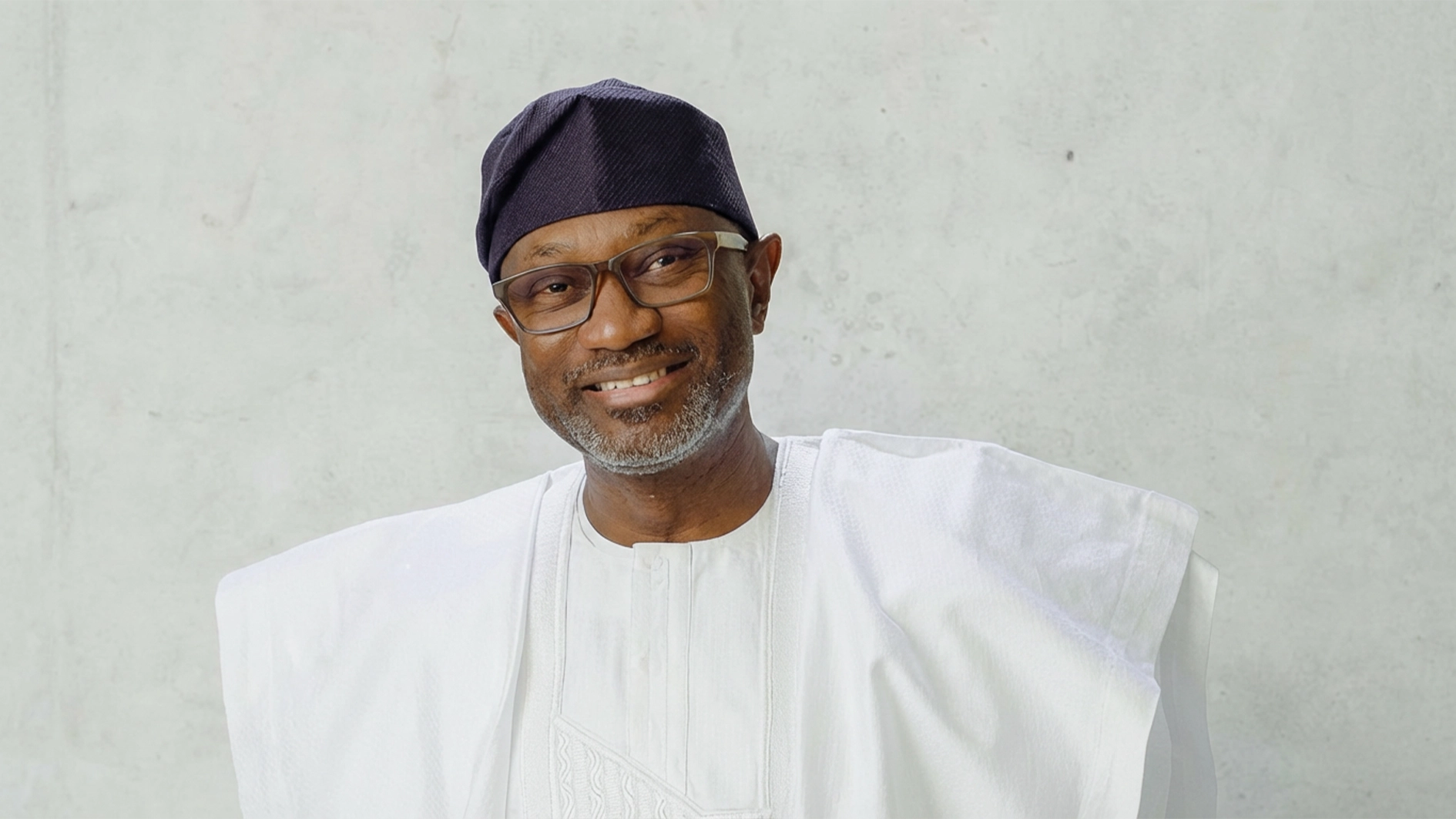–expert raises concerns over high debt service figures, low capital spending
–calls for fiscal discipline
Debt service took the lion’s share of the total Federal Government revenue of N19.354 trillion in 2024, accounting for 69 per cent of the government’s total expenditure during the period.
This reflects the country’s heavy dependence on borrowing rather than revenue generation.
This was contained in the 2024 budget implementation report (BIR) released by the Budget Office of the Federation (BOF) over the weekend.
The report, which shows overall improvements in revenue mobilisation, fiscal deficit, as well as capital expenditure, indicates a gradual but fragile fiscal consolidation, while the structure of spending still reflects the country’s longstanding challenges.
The government had projected an aggregate expenditure of N27.5 trillion and a revenue of N18.32 trillion, resulting in a deficit of N9.18 trillion.
However, while the government exceeded its target for revenue by N1.03 trillion, it also overshot its expenditure target by N1.23 trillion. Other expenditure projections by the government included N9.92 trillion for non-debt recurrent expenditure, N7.72 trillion for capital expenditure, and N8.25 trillion for debt service.
A breakdown of the report shows that the budget achieved a revenue growth of 149 per cent, hitting N19.354 trillion as against the N12.485 trillion recorded in 2023.
In 2024, total oil revenue was N6.180 trillion as against N2.430 trillion in 2023; non-oil revenue rose from N3.312 trillion in 2023 to N4.557 trillion in 2024, chiefly driven by company income tax with N2.564 trillion and Customs revenue which contributed N1.311 trillion, as well as value-added tax with N804 billion. Other revenues, including FGN independent revenue, grants and donor revenues, education tax (TETFUND), GOE retained revenues, among others, contributed N8.317 trillion as against the N6.743 trillion in 2023.
On the expenditure side, the government spent a total of N28.726 trillion to run the economy in 2024. This is higher than the N23.036 trillion spent in 2023.
A breakdown of the expenditure shows that recurrent non-debt gulped N7.312 trillion, higher than N7.079 trillion in 2023; debt service was N11.887 trillion, up from N8.557 trillion in 2023; capex was N7.789 trillion, up from N6.364 trillion in 2023, while total transfers were N1.738 trillion as against N1.035 trillion in 2023.
The report also reflects an expenditure pattern that shows debt service was 69 per cent, lower than the 78 per cent in 2023; personnel cost to total expenditure was 27 per cent as against 33 per cent in 2023; recurrent expenditure to total expenditure was 72 per cent, marginally lower than the 73 per cent recorded in 2023; capital expenditure (CAPEX) to total expenditure was 22 per cent, as against 18 per cent in 2023.
With regard to gross domestic product (GDP), the report indicates that total government expenditure to GDP was 10.7 per cent as against 10.0 per cent in 2023; fiscal deficit to GDP was 3.5 per cent, a drop from the 4.6 per cent in 2023.
Oil revenue as a percentage of total revenue was 31.9 per cent, an improvement over the 19.0 per cent recorded in 2023, while total revenue to GDP also improved from 5.4 per cent in 2023 to 7.2 per cent in 2024.
Reflecting on the BIR released by the Budget Office, a professor of Accounting and Financial Development at Lead City University, Ibadan, Prof. Godwin Oyedokun, told The Guardian in an interview that while the 2024 budget performance shows some modest improvement over 2023, a debt service-to-revenue ratio of 69 per cent is still very high by global standards.
He said, “The World Bank and IMF recommend that debt service should not exceed 30–40 per cent of government revenue for developing economies.
“Nigeria’s 69 per cent means that nearly N7 out of every N10 earned is used to service debt, leaving little fiscal space for development spending.”
He said while the reduction from 78 per cent in 2023 to 69 per cent in 2024 is commendable, it remains unsustainable and reflects Nigeria’s heavy reliance on borrowing rather than robust revenue generation.
He said the expenditure mix of 22 per cent vs. 72 per cent (capital vs. recurrent) expenditure pattern highlights one of Nigeria’s biggest fiscal weaknesses.
For him, a recurrent expenditure of 72 per cent reflects high spending on salaries, overheads, subsidies, and debt service.
He said a capital expenditure of 22 per cent, though an improvement from 18 per cent in 2023, remains low compared to the scale of Nigeria’s infrastructure deficit in roads, power, education, and healthcare.
“For an economy striving for inclusive growth, capital spending should ideally be closer to 30–40 per cent of total expenditure,” he said, adding that low investment in capital projects constrains long-term productivity, job creation, and competitiveness.
He recommended, among other things, that the government should broaden the tax base through digital tax systems, VAT expansion, and curbing evasion.
It should also scale down dependence on oil by diversifying into solid minerals, agriculture, and technology, enforce strict payroll audits to eliminate ghost workers, implement civil service reforms to reduce overhead costs, ring-fence funds for infrastructure projects with high economic multipliers, and adopt Public-Private Partnerships (PPPs) to reduce pressure on public funds, while prioritising projects in transport, power, and digital infrastructure that can unlock private investment.
“Nigeria’s 2024 budget performance shows fiscal consolidation progress, but high debt service, a recurrent-heavy expenditure structure, and low capital investment remain major concerns,” he said, noting that without decisive reforms in revenue mobilisation, expenditure rationalisation, and debt management, fiscal sustainability will remain elusive.






